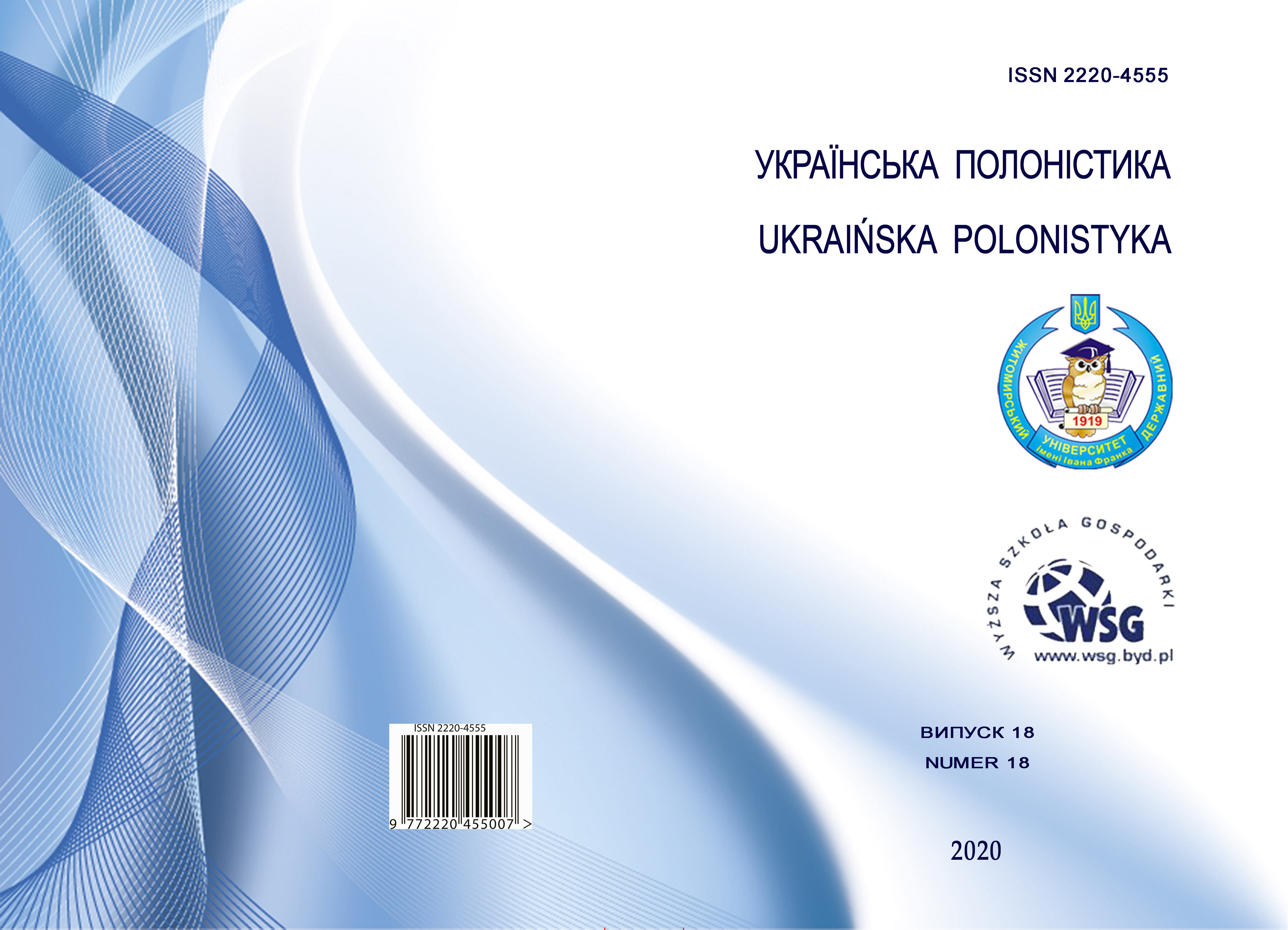Зарубіжний досвід організації та діяльності наукових шкіл (на прикладі Польщі та Білорусі)
DOI:
https://doi.org/10.35433/2220-4555.18.2020.ped-2Анотація
У статті проаналізовано досвід Республік Польщі та Білорусі щодо організації та особливостей діяльності наукових / науково-педагогічних шкіл. Зазначено спільні та відмінні риси між польськими, білоруськими та українськими науковими школами, акцентовано увагу на характеристиці провідних шкіл Польщі та наукових шкіл провідних університетів Білорусі. Характерною спільною особливістю є неоднозначність тлумачення самого феномену «наукова / науково-педагогічна школа».
##submission.downloads##
Опубліковано
Номер
Розділ
Ліцензія
Автори, які публікуються у цьому журналі, погоджуються з наступними умовами:
a) Автори залишають за собою право на авторство своєї роботи та передають журналу право першої публікації цієї роботи на умовах ліцензії Creative Commons Attribution License, котра дозволяє іншим особам вільно розповсюджувати опубліковану роботу з обов'язковим посиланням на авторів оригінальної роботи та першу публікацію роботи у цьому журналі.
b) Автори мають право укладати самостійні додаткові угоди щодо неексклюзивного розповсюдження роботи у тому вигляді, в якому вона була опублікована цим журналом (наприклад, розміщувати роботу в електронному сховищі установи або публікувати у складі монографії), за умови збереження посилання на першу публікацію роботи у цьому журналі.
c) Політика журналу дозволяє і заохочує розміщення авторами в мережі Інтернет (наприклад, у сховищах установ або на особистих веб-сайтах) рукопису роботи, як до подання цього рукопису до редакції, так і під час його редакційного опрацювання, оскільки це сприяє виникненню продуктивної наукової дискусії та позитивно позначається на оперативності та динаміці цитування опублікованої роботи (див. The Effect of Open Access).


